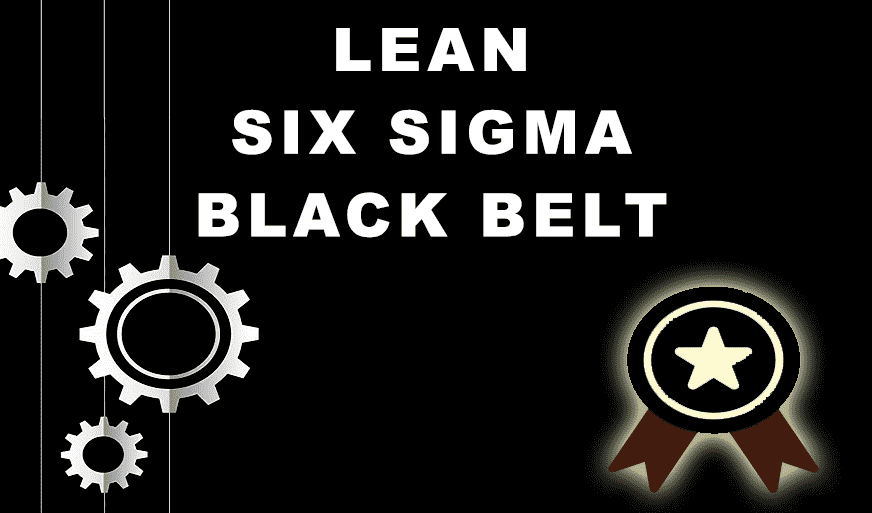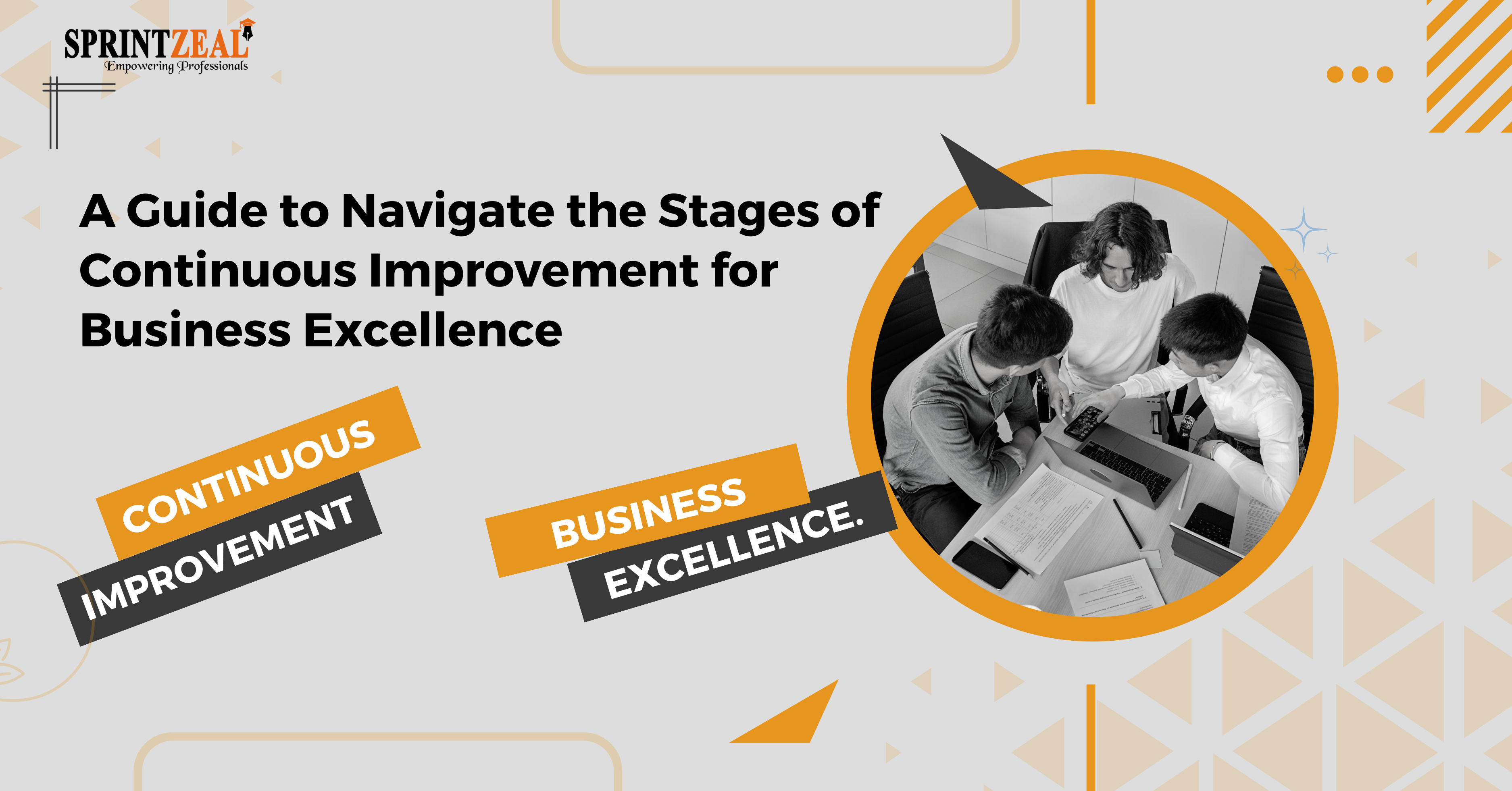Who Needs ISO 9001 Certification and Why?
-
 By Afra Noorain
By Afra Noorain - Published on Aug 29 2024

Table of Contents
Introduction
Many different sectors are seeing an increase in demand for ISO 9001 certification as a means of assisting their organizational quality management systems in meeting international requirements. Internationally, it is the most widely applied standard for quality management systems. It helps businesses to go forward with ensuring that the quality of the services or goods they provide satisfies the expectations of their clients. However, who specifically gains from having an ISO 9001 certification, and why is it so important for these organizations?
This blog explores the organizations that need ISO 9001 certification and looks into the compelling arguments for its adoption.
Who Should Obtain ISO 9001 Certification?
For many firms looking to improve their operational excellence and quality management, ISO 9001 accreditation is crucial.
- Manufacturing Organizations: In the manufacturing sector, product quality is the most important factor. The ISO 9001 certification guarantees consistency in quality and adherence to legal requirements and client demands. Manufacturers who follow these ISO 9001 criteria in their operations aim to improve a product's overall reliability by eliminating flaws. Additionally, it boosts operational efficiency and increases client confidence, which increases market competitiveness.
- Service Industry Players: Although it has been connected with manufacturing ever since, in reality, ISO 9001 equals the importance to service-based organizations. An organization providing services in the sectors of finance, health care, education, or hospitality through ISO 9001 enhances the quality of the service, diminishes the possibility of emerging errors, and increases the level of satisfaction that the customer will encounter. Certification streams a strong message for the level of superiority in operations; that translates equitably into a more positive brand image and level of customer trust.

- Small and Medium Enterprises (SMEs): In highly competitive marketplaces, having ISO 9001 certification confers a crucial competitive advantage. It offers a highly structured method of process control while boosting efficiencies that are essential for achieving growth. Furthermore, a lot of important companies and government contracts demand that their suppliers hold an ISO 9001 accreditation. The accreditation can lead SMEs to new business prospects and establish credibility with potential partners and clients.
- Public Sector Organizations: More and more public sector organizations and Government Agencies are starting to realize the importance of being ISO 9001 certified to better streamline transparency, accountability, and efficiency. ISO 9001 in these organizations helps in providing better service to the public, making statutory requirements, and fostering trust among the public through consistent high-quality performance.
- Non-Profit Organizations: Even non-profit organizations benefit from ISO 9001 since it allows them to streamline operations, make better use of their resources, and be accountable to donors and other stakeholders. This kind of certification would help boost the reputation and thus elicit more funding through bringing out the commitment to quality management and continual improvement.
Why You Need ISO 9001 in Your Organization
Discover why ISO 9001 is essential for driving success and achieving organizational excellence.
- Enhanced Efficiency and Productivity: An organization may examine its procedures and identify opportunities for improvement with the help of ISO 9001. Standardized processes will effectively foster departmental synchronization, which reduces waste and boosts productivity in the direction of corporate success.
- Greater Customer Satisfaction: Customer satisfaction is the primary focus of ISO 9001. Consistently meeting client demands enables firms to cultivate deeper and more enduring connections, which in turn promotes positive word-of-mouth and repeat business.
- Access to New Markets: Particularly in highly regulated industries, ISO 9001 certification is often a prerequisite to participate in certain markets. It gives companies the chance to compete on a worldwide scale and win contracts with bigger corporations and government bodies.
- Improved Culture: ISO 9001 is a tool for the development of a culture of continuous improvement. It stimulates motivation and productivity among employees through their involvement in quality management. This is a change resulting in long-term benefits to the overall organization.
- Effective Risk Management: The methodical methodology of ISO 9001 assists establishments in recognizing possible hazards and putting preventive measures in place. This proactive approach to risk management lowers the possibility of risk and disruptions.
Conclusion
Obtaining ISO 9001 certification is a calculated investment in the future of a firm. Whether you are a huge manufacturing company, a service-based business, a small and medium-sized enterprise, or even a nonprofit, the advantages of ISO 9001 may truly improve your operations, satisfy your clients, and open up new opportunities. Gaining insight into the individuals and reasons behind the certification's requirements can help your company thrive in the ever-changing competitive market in the long run.
Now think of ISO 9001 certification as the foundation of your quality control plan. Allow it to lead your company toward success over the long term, efficiency, and quality.
Deepen your knowledge and proficiency in Quality management.
Consider enrolling in Sprintzeal’s specialized courses designed to help you master ISO 9001 standards:
ISO 9001 Foundation: Comprehensive introduction to ISO 9001 standards.
ISO 9001 Lead Auditor: Skills for planning, conducting, and managing audits.
ISO 9001 Lead Implementer: Guides implementation of ISO 9001 within an organization.
Contact us via Phone or email with any inquiries and subscribe to our newsletter.
Subscribe to our Newsletters
Popular Programs
Trending Posts
10 Quality Management Strategies Adopted by Top Managers
Last updated on Apr 11 2025
Quality Assurance in Six Sigma Explained
Last updated on Feb 6 2023
Introduction to Lean Manufacturing- Definitions, Framework, and More
Last updated on Nov 15 2023
Secret to Unlock Organizational Excellence: Stages of Continuous Improvement
Last updated on Nov 27 2023
What Is Lean Management?
Last updated on Apr 20 2023
5 Lean Continuous Improvement Principles to Supercharge Your Operations
Last updated on Jan 2 2024
Categories
- Agile Management 54
- AI and Machine Learning 42
- Big Data 53
- Business Management 51
- Cloud Computing 44
- Digital Marketing 56
- Information Security 8
- IT Hardware and Networking 17
- IT Security 103
- IT Service Management 29
- Leadership and Management 1
- Microsoft Program 2
- Other 43
- Programming Language 31
- Project Management 162
- Quality Management 75
- Risk Management 8
- Workplace Skill Building 2
Trending Now
Top Career benefits of Lean Six Sigma Green Belt
ArticleLean methodology, Six Sigma methodology and Lean Six Sigma Explained
ArticleSix Sigma Black Belt Certification – Value and Career Benefits in 2024
ArticlePareto Chart in Six Sigma - Explained
ArticleQuality Management Interview Questions 2024
ArticleSix Sigma Certification Guide - A Professional's Guide
ArticleSix Sigma Yellow Belt Certification - Six Sigma for Beginners
ArticleQuality Control Explained – Six Sigma
ArticleTotal Quality Management - A Complete Guide for Beginners
ArticleQuality Assurance in Six Sigma Explained
ArticleQuality Assurance vs Quality Control
ArticleSix Sigma Certification – Everything you Need to Know About Getting Certified
ArticleLean Six Sigma on Resume for Rewarding Career Benefits
ArticleQuality Manager Interview Questions and Answers for 2025
ebookService Delivery Manager Interview Questions and Answers (With Examples)
ArticleSix Sigma Interview Questions and Answers 2024
ArticleHow to become a Quality Analyst
ArticleA Supply Chain Management Guide to Mastering Logistics End to End
ArticleSenior Quality Manager Interview Questions and Answers 2024
ArticleTop 30 Quality Analyst Interview Questions and Answers 2025
ArticleFinancial Analyst Interview Questions and Answers 2024
ArticleRisk Manager Interview Questions and Answers 2024
ArticleCompliance Manager Interview Questions and Answers 2024
ArticleOperation Manager Interview Questions and Answers
Article5 Lean Continuous Improvement Principles to Supercharge Your Operations
ArticleHow to Become a Quality Manager - Career, Job Scope and Certifications
ArticleEssential Components of a Quality Management System
ArticleSix Sigma Certifications - Reasons Why you Should Get Them
ArticleTop Qualities of a Good Manager and a Leader
ArticleLearn about Statistical Process Control (SPC) and its top applications
ArticleCost of Poor Quality - A Detailed Guide
ArticleImplementing 5S Methodology for Better Work Efficiency
ArticleWhat Is Lean Management?
ArticleBest Six Sigma Books in 2024
ArticleLeadership vs Management - The Ultimate Guide
ArticleQuality Assurance Plan - Six Steps To Quality Assurance Plan
ArticleOperational Planning Creation, Key Elements and its Benefits
ArticleA Complete Guide to Product Life Cycle Stages 2025
ArticleSix Sigma tools for DMAIC Phases
ArticleWhat Is Lean Manufacturing?- An Overview
ArticleThe Lean Continuous Improvement Model: A Comprehensive Guide
ArticleDMAIC vs. DMADV: Key Differences and Choosing the Right Six Sigma Methodology
ArticleA Deep Dive into the Power of Lean Continuous Improvement Process
ArticleLean Continuous Improvement Methods for Business Excellence
ArticleIntroduction to Lean Manufacturing- Definitions, Framework, and More
ArticleUnderstanding the Key Principles of Lean Manufacturing
ArticleSecret to Unlock Organizational Excellence: Stages of Continuous Improvement
ArticleLean Continuous Improvement: A Detailed Guide to Mastering Organizational Quality
ArticleLean Waste Management: The Ultimate Guide 2023
ArticleA Deep Dive into Lean Continuous Improvement Tools
Article8 Wastes of Lean - Strategies for Identification and Elimination
ArticleThe Ultimate Guide to Lean Manufacturing
ArticleUnderstanding Lean Manufacturing's Pros and Cons
ArticleLean Waste Reduction Strategies: Boost Efficiency and Cut Costs
ArticleTop 10 Lean Manufacturing Tools for Optimal Productivity
ArticleBeyond the Basics: Benefits of Lean Continuous Improvement
ArticleWhat are Quality Standards? | A Guide to ISO Standards
Article7 Important Types of Quality Management System
ArticleA Comprehensive Guide to Quality Management Systems
ArticleISO 9001 Standard: Benefits and Certification
ArticleBenefits of QMS Certification for Your Business
ArticleStep-by-Step Implementation Guide to ISO 9001
ArticleThe Ultimate Guide to ISO 9001: Boosting Quality and Certification Success
ArticleQuality Management System – QSM Approaches and Methodologies
ArticleHow to Effectively Implement a Robust Quality Management System?
ArticleExplaining QMS Documentation Structure: Benefits and Best Practices
ArticleKey Elements of ISO 9001:2015 Quality Management System
ArticleOvercoming Common Challenges in ISO 9001 Certification: Tips and Best Practices
ArticleBest Quality Management Tools
ArticleTotal Quality Management (TQM) vs. Six Sigma
ArticleQuality Manager Salary: What Freshers & Experts Earn in 2025
ArticleCertified Scrum Product Owner: Job Roles And Responsibilities
ArticleTips for Continuous Integration Testing: Streamlining QA
Article10 Quality Management Strategies Adopted by Top Managers
Article

















